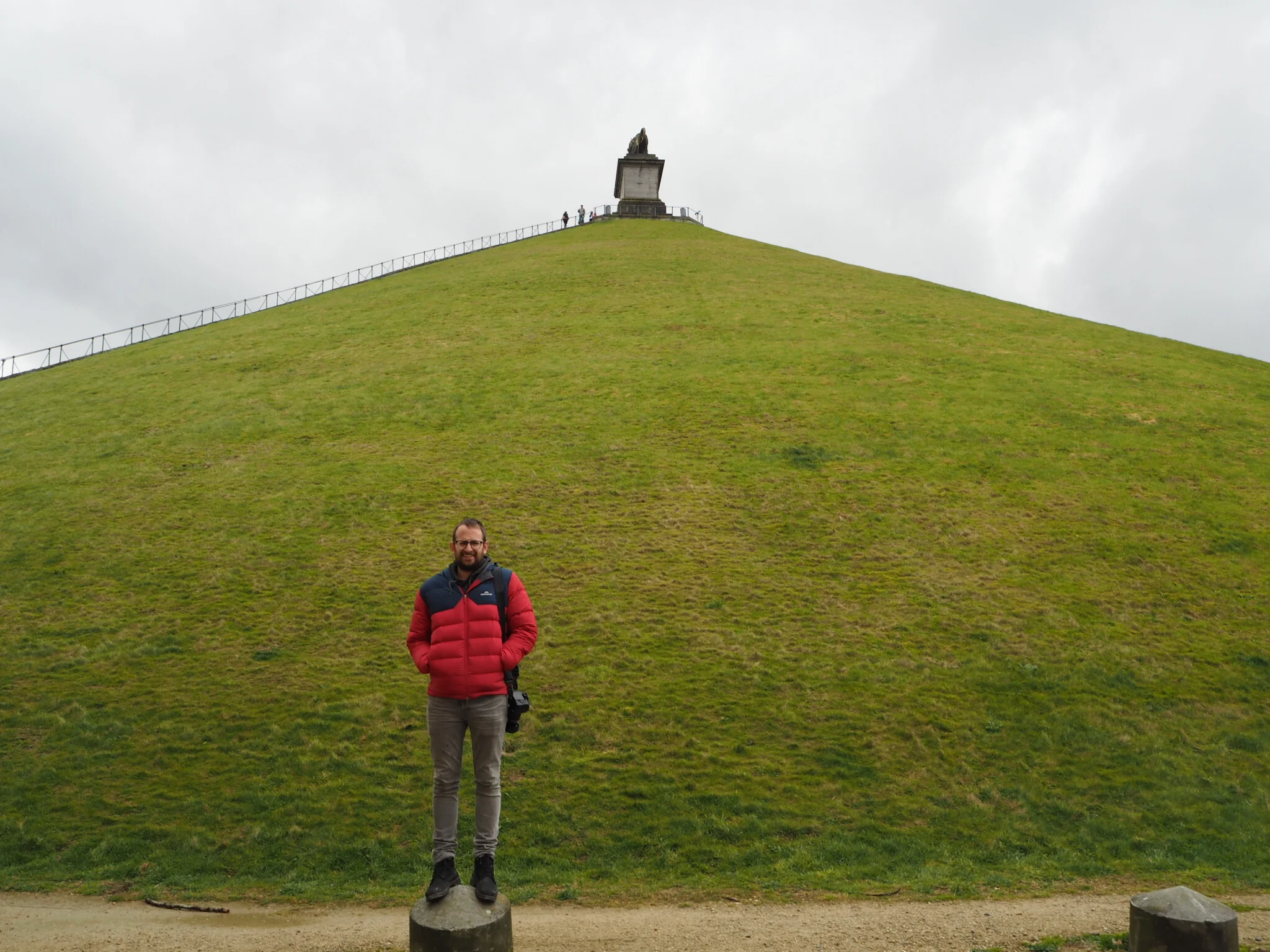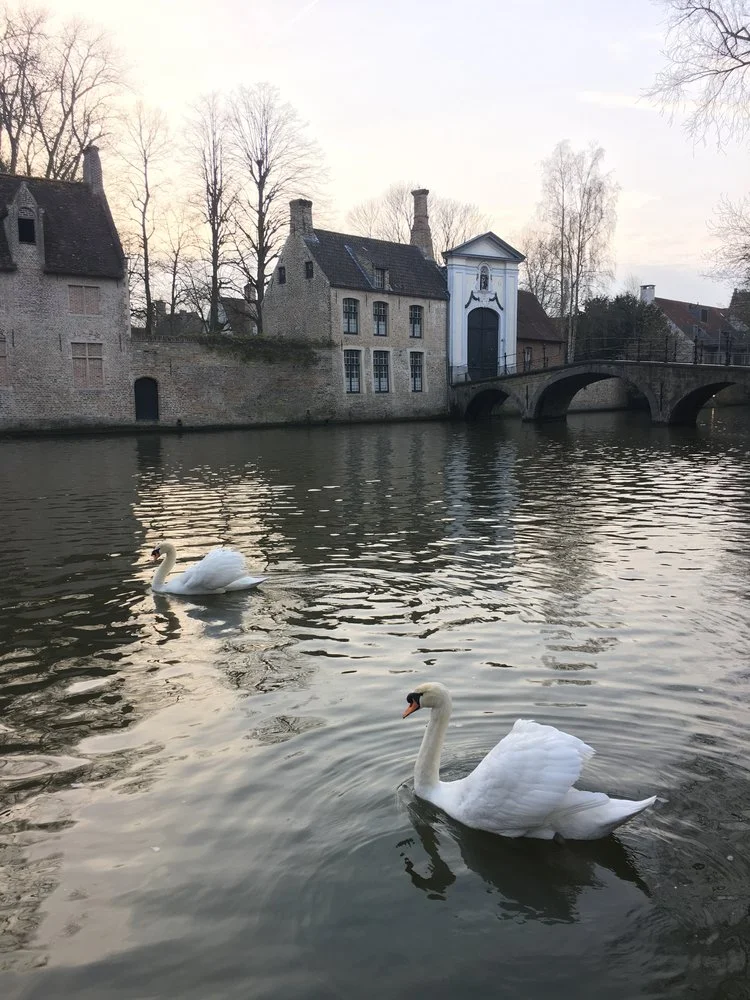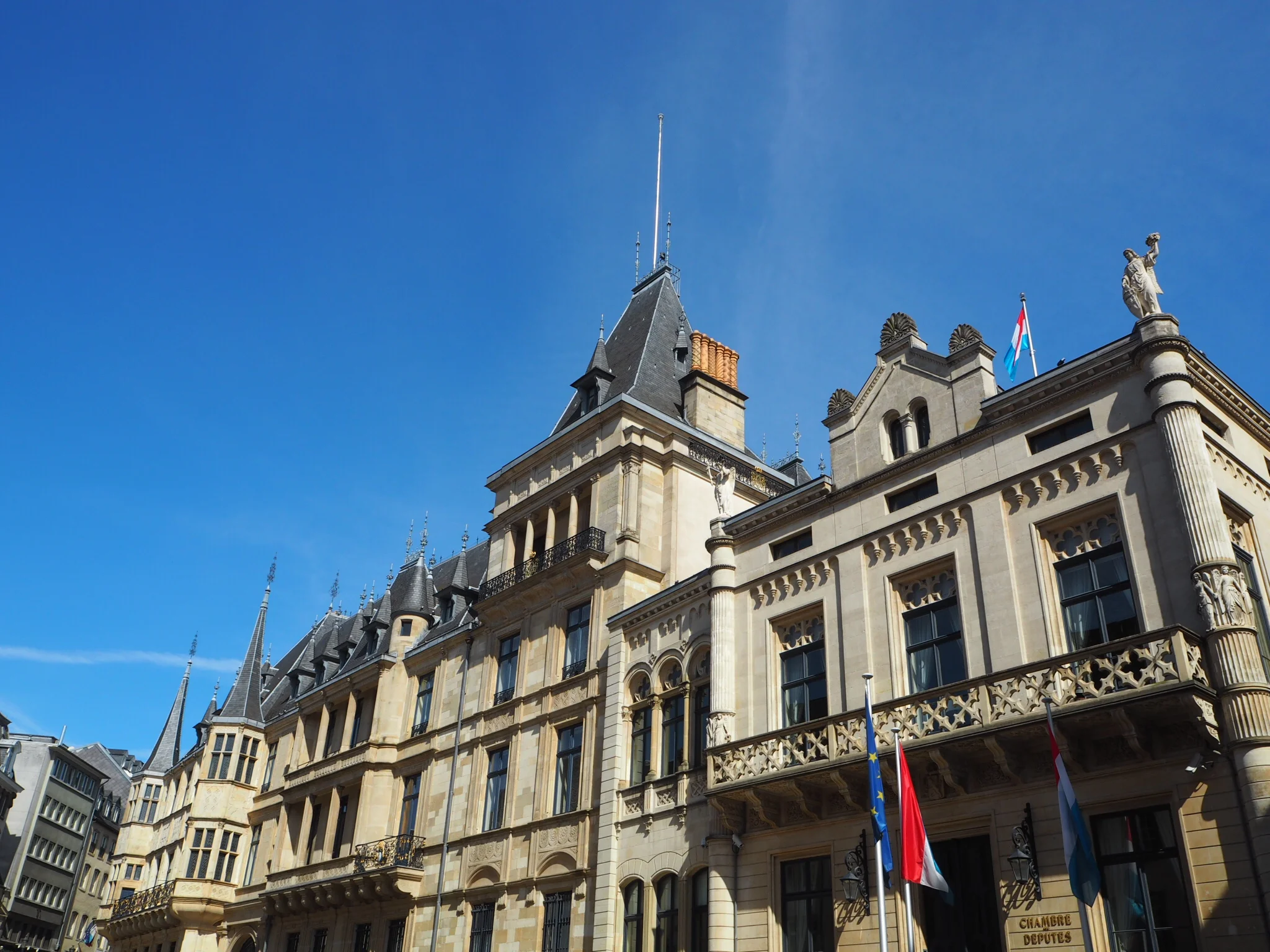Belgian Chips and Politics
Every country in Europe has a stereotype. The Italians? Football addicts who never pay their taxes. The Irish? Red-haired Catholics who love their Guinness. The Germans? Lederhosen-wearing car lovers.
The Belgians?
They eat chips (don’t insult them by calling them French Fries), mussels, chocolate and waffles at every meal. They have beer flowing through their veins. They only read comic books – and their political system is a mess.
Their food is delicious, there’s no questions there. We’ve sampled our fair share of waffles and fries (just to make sure we know what we’re talking about).
Their beer? They take it very seriously. Some call Belgium the beer capital of the world but the humble Belgians shy away from this title. They love their beer and they certainly enjoy the fact that they have over 800 varieties to choose from but what they are really proud of is their glassware.
Order 10 different types of beer in Belgium and it will be served to you in 10 different glasses. I will happily sip beer from a bottle at home but I have to admit that there’s something special about their glasses.
A Duvel tastes best sipped from a tulip-shaped glass. A Trappist? You’d better pour it in a goblet or chalice. A Geuze or a Lambic? Nothing other than a flute. If in doubt, order a drink in a bar. I wouldn’t risk pouring a beer for a Belgian mate at home.
Tin Tin and the Smurfs are famous across the world. It’d be very un-Belgian of you to not read comics.
But is their political system really a mess? We take a walk around Brussels with Maggie, who gives us a Belgian’s perspective on politics, beer and where to eat the best chips.
To understand Belgium, you have to understand a little bit about how it was formed. Remember that bloke Napoleon who was defeated in the epic battle of Waterloo? Well, when his empire collapsed, Belgium was once again up for grabs. The Netherlands jumped in and claimed the territory as its own but the Belgians weren't happy. They were proud Catholics and they didn't want to change their language or their religion to please their new king.
The year was 1830 and it was time for independence!
France, Germany and England saw their chance. They offered to help Belgium gain their independence, for a small price: Belgium was to remain neutral, creating a strategic buffer between them, from then on.
Things were looking up. It was time to start over and create a national identity. Except, Belgium was facing an identity crisis.
Belgium has always been divided into two distinct communities – the Flemish in the north, who speak a variety of Dutch; and the Walloons in the south, who speak French. (There's a small group of Germans in the East, but they seem to be a pretty peaceful bunch.) When Belgium declared independence, they also declared themselves to be a French-speaking nation. In doing so, they hastily dismissed half of their population.
The hostility that this created between the Flemish and the Walloons has never entirely dissipated. It took 68 years but, in 1898, the government finally acknowledged Dutch as an official language. Before that, the Flemish weren’t even allowed to perform plays or operas in their native tongue. Things have improved considerably, since then, but tensions still arise in the political arena.
Skip ahead to modern Belgium. In order to prevent discrimination between the French and the Flemish, it is forbidden to report on statistics of race, ethnicity, language and religion. As no census exists, there are no official statistics on Belgium's three official languages or their dialects. According to Maggie, an estimated 59% of the Belgian population speak Flemish, 40% speak French and 1% speak German. Most of the people born in Brussels speak French (it’s considered cool to do so) but the city’s population is incredibly diverse.
Belgium is a Constitutional Monarchy, with a Prime Minister and 6 Governments. In recent years, the number of parties has further increased, making Belgium one of the most fragmented party systems in the world. Sometimes things go smoothly, sometimes they don’t. Maggie doesn't seem phased about her government's indecisiveness. She reminds us that Belgium survived without a government for a record-breaking 541 days back in 2010. She's pretty on top of her country's politics and likes the fact that voting is mandatory in her country but admits that most of her friends and family have no idea who they are voting for.
Is their political system a mess? I don’t consider myself qualified to judge.
Belgium has earnt itself many nicknames over the years. Some call Belgium the Flat Lands, claiming that the only mountains the country has are its cathedrals. It's a beautiful image but a slight exaggeration.
Some call Belgium The Cockpit of Europe. Very few invaders actually wanted Belgium as their own but that didn't mean that they wanted another country in the driver's seat. It was an easy route for the French to attack Germany, Germany to attack France, Spain to attack the Netherlands. Declaring Belgium neutral was one of the best decisions that the Great Powers of Europe ever made.
Some pretty epic battles, including Waterloo, have been fought on Belgian soil, which brings us to the country's third nickname: The Battlefield of Europe.
Was Belgium's neutrality to last through the test of World War One? The Germans certainly thought so.
In August of 1914, Hitler dropped the King of Belgium a line to let him know that they would be 'passing through' in order to attack France. King Albert I was a moral man and took his country's neutral status seriously. If he let Germany through, he'd be passively cooperating in the invasion of France. He wasn't happy. He wrote back to Hitler, famously stating: 'Belgium is a country, not a road.'
The Belgian government panicked and fled to France but King Albert I stood his ground, fighting in Flanders Fields alongside his people. The Belgian army fighting on The Western Front were far from prepared. They didn't even look like a united front. Their uniforms were cobbled together at the last minute, recycled from previous battles, and their training was basic. They were ill-equipped but they were united in their goal. By delaying the German troops, the Belgians were instrumental in the Allies victory.
King Albert I succeeded in uniting the Flemish and the Walloons against a common enemy and for that he is remembered. The country's motto, Unity Creates Strength, reminds the country of its tumultuous past and what little old Belgium is capable of when its people forget their differences and band together.
With cathedrals as the only mountains
And black bell towers like pathways to heaven
Where stone devils pull down the clouds
With the passage of time as the only journey
And the wet roads as the only good night
With the wind in the west, listen to it yearn.
This flat land that is mine.
~ Jacques Brel



